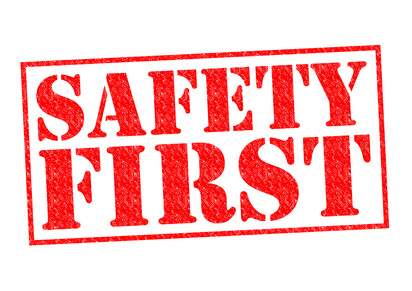Extreme Hiking- Safety Briefing

The most important thing is that you and the team you are with return safely from your camping trip!
Whilst camping in the Active Zone should be a relatively safe activity, there are a number of things to consider before you head into the unknown with your tent.
CHECK THE AREA
- Check there are no sharp rocks or sticks on the ground and move them if necessary..
- Check for overhanging branches that are rotten or could break off and land on your tent.
- Never pitch your tent close to a water source that could flood
There are numerous hazards over, under and around potential pitches for your tent.
COOK SAFELY
- Store food in airtight containers whenever possible to stop attracting insects.
- Cook away from tents as they can burn easily and ensure smoke and fumes drifts away from open tents.
- Ensure fire or stoves are well out and cool before moving or leaving unattended.
- Do not leave food on the floor and bag up leftovers so it doesn’t attract wild animals.
Make sure you know how to store food, and cook safely when camping.
CHILDREN
- Check children know where they can and cannot walk/play.
- Keep children away from BBQs and cooking areas.
- Make sure children know how to get in and out of their tent safely.
- Put highlight strips on guy lines to make them stand out and not become a trip hazard.
Campsites and tents can be unfamiliar places particularly for children.
SECURITY
- Only take the bare essentials with you when it comes to valuables
- Keep valuables locked in your car (if you have one) rather than you tent
- Tents offer no sound insulation so be careful if discussing personal issues or talking about your valuables
Keep you and your valuables safe and secure when camping.
Professional Training: Nothing can compare to professional training delivered by qualified trainers who can carefully guide you through how to safely learn and practice the required techniques in a controlled environment.
Medical Advice: Before taking part in a new sport or activity you should consult your doctor or other healthcare worker to identify any potential risks to your wellbeing. This is particularly important if you are pregnant, elderly, suffered previous injuries, suffering from a long term medical condition, or disabled. Whilst these conditions do not preclude you from taking part in most activities, getting advise can help you adapt to suit your individual needs.

